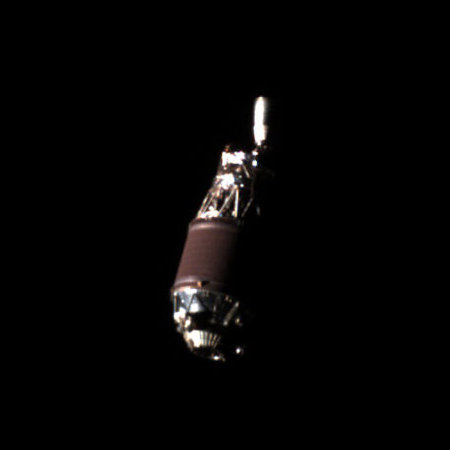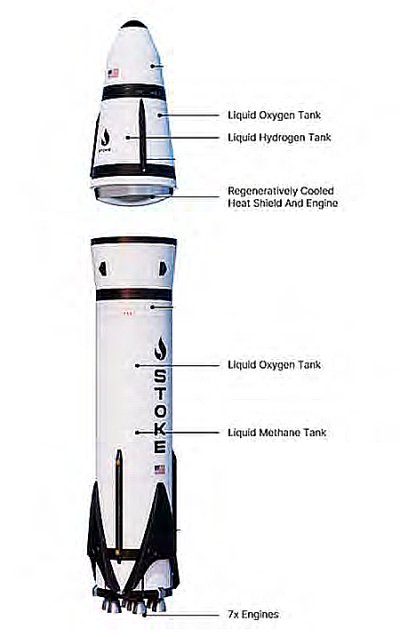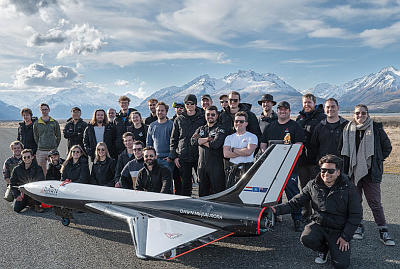Trump indirectly tells us the swamp WILL be drained if he is re-elected

Trump defiant
Today I saw a short clip of Donald Trump answering a question about whether he is getting the normal intelligence briefings traditionally given to all presidential candidates. His answer was startling:
Well I could [get them] if I wanted them, but I don’t want them. … They come in, they give you a briefing and then two days later they leak it and then they say you leaked it. The only way to solve that problem is not to take them.
On its face Trump is simply telling us he is now being careful with whom in the government he deals with. On a deeper level, he is showing us that he is no longer the naive businessman he was in 2016. At that time he wanted very much to reform Washington, but he thought he had the good will of the people in Washington to help him do it. (Remember, for most of his life he was a dedicated Democrat with many friends on the left.)
Instead, he found himself stymied and back-stabbed and attacked on all levels. » Read more










